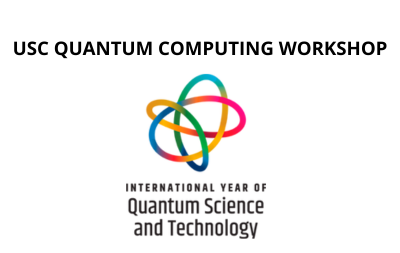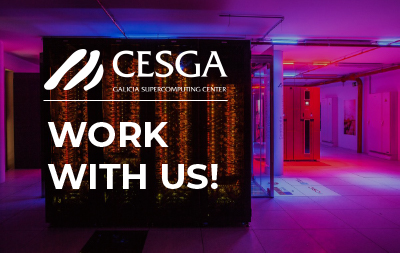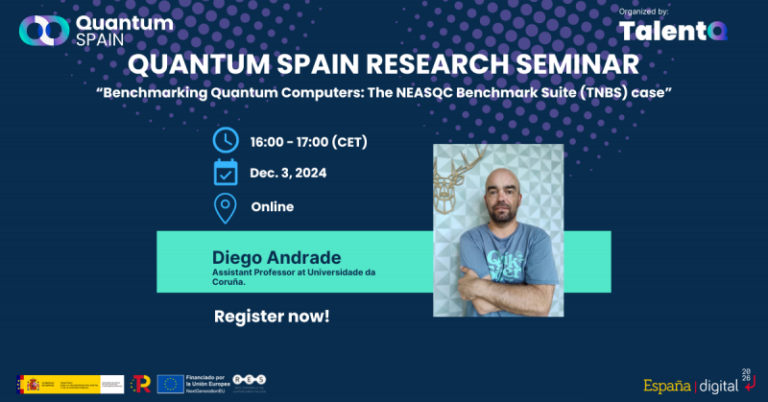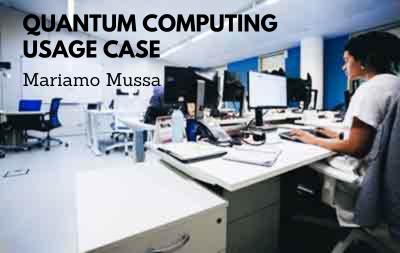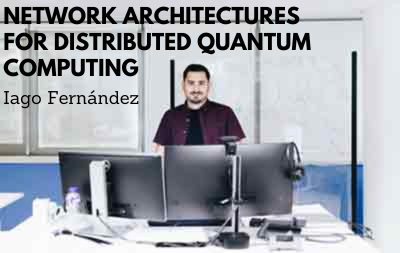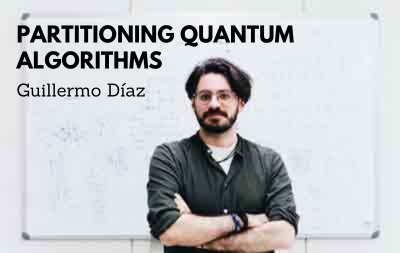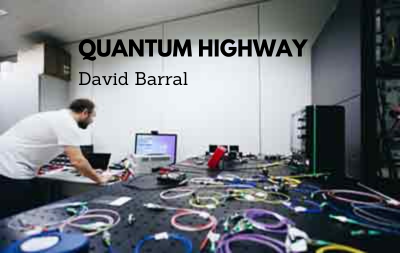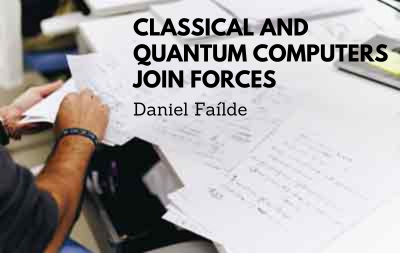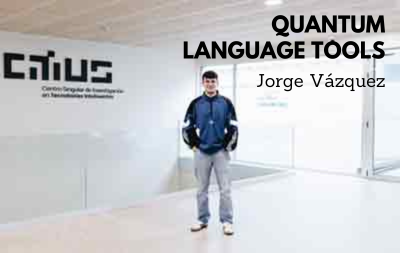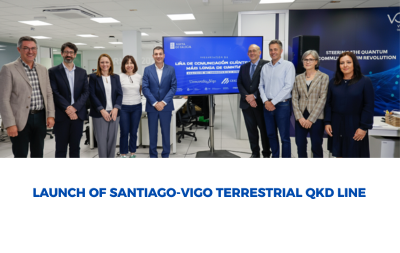
Launch of Santiago-Vigo terrestrial QKD line
The line has been developed by CESGA researchers with advice from VQCC. It has received investment of more than €850,000, financed under a collaboration agreement between CESGA and Red.es and the Complementary Quantum Communications Plan through European funds from the Recovery and Resilience Plan and the Xunta’s own funds. The equipment was purchased thanks to the support of Red.es/ReIRIS.
